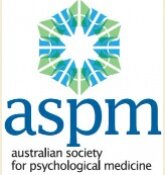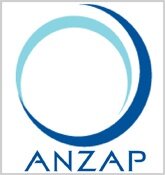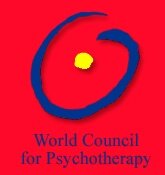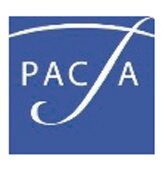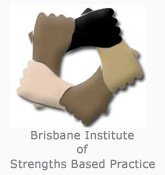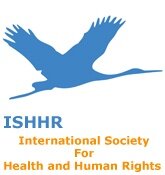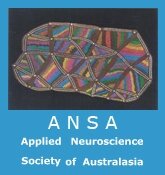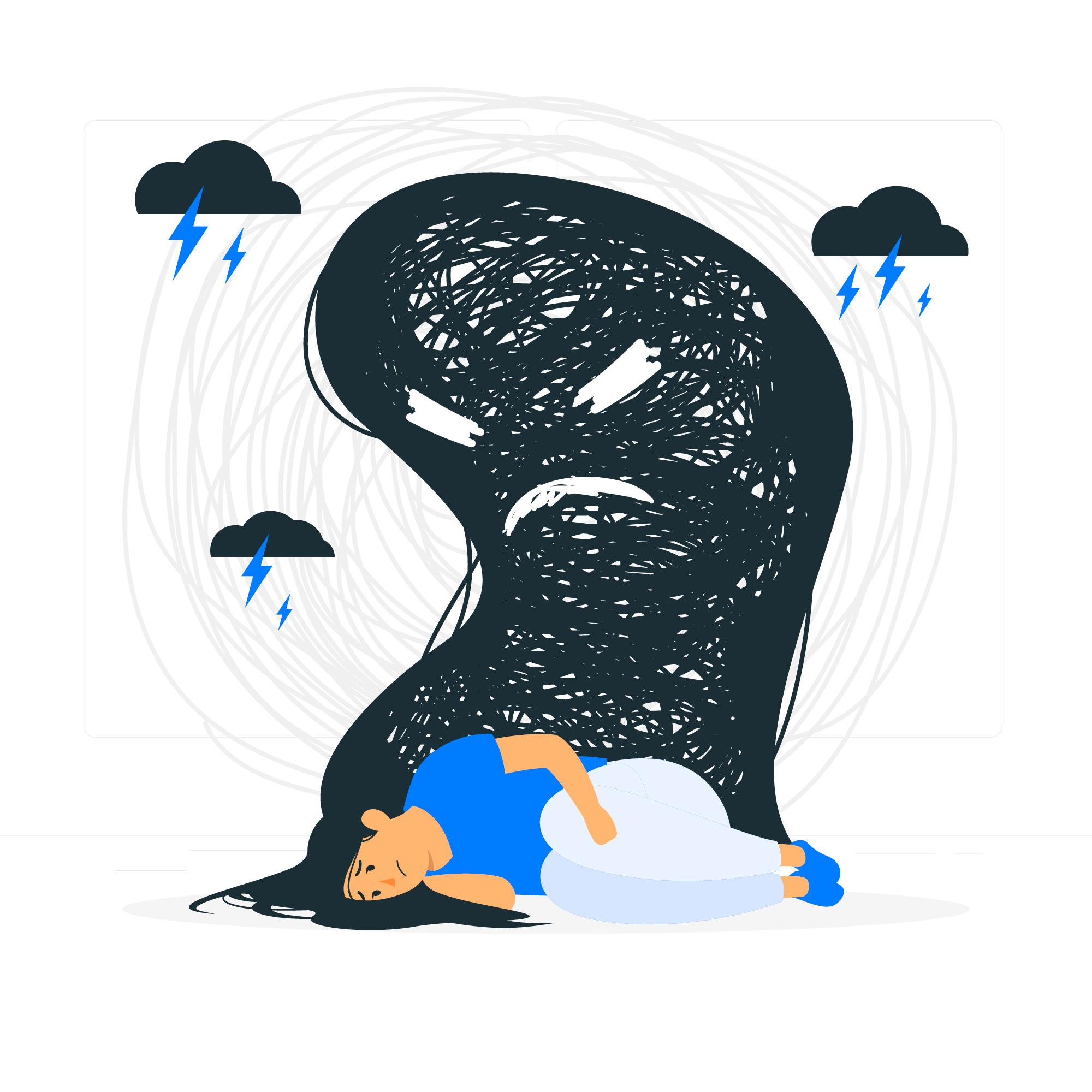
Understanding effective therapies for managing anxiety is crucial for improving well-being.
Cognitive-Behavioral Therapy (CBT) and Exposure Therapy are recognized for their success in treating anxiety disorders by providing practical strategies to confront and overcome fears.
In addition to these established approaches, emerging methods like mindfulness-based interventions, biofeedback, and hypnosis are shaping the evolving landscape of anxiety treatment.
By exploring these alternative therapies, individuals can broaden their options for effectively managing anxiety.
Cognitive-Behavioral Therapy (CBT)
Cognitive-Behavioral Therapy (CBT) is a commonly utilized approach for treating anxiety disorders due to its effectiveness. This therapeutic method targets negative thought patterns that contribute to anxiety symptoms, teaching individuals coping strategies to manage their condition.
By challenging these maladaptive cognitions, CBT helps individuals gain control over their anxiety triggers, leading to improvements in overall well-being. Research supports the efficacy of CBT in treating various anxiety disorders like phobias and generalized anxiety disorder.
Typically short-term and focused on specific goals, CBT provides individuals with practical tools to confront and alleviate their anxieties. When used in conjunction with medication, individual CBT has demonstrated success in reducing symptoms and improving quality of life.
However, the success of CBT significantly depends on the expertise and approach of the psychiatrist you choose. It is crucial to work with a professional who is experienced, empathetic, and skilled in CBT techniques. For those seeking high-quality treatment, make sure to check a treatment center such as Vive Treatment Centers in Washington DC, which are know for their specialized approach and commitment to providing effective anxiety management through personalized care and evidence-based practices. Here is how you can get in touch with them:
Vive Treatment Centers
Phone: +1 202-506-3490
1636 Connecticut Ave
Washington, DC 20009
Exposure Therapy
Exposure therapy is a widely recognized treatment for various anxiety disorders, involving a gradual confrontation of anxiety triggers in a controlled setting. This therapeutic approach is designed to help individuals address their fears, reduce avoidance behaviors, and develop effective coping mechanisms.
It's particularly effective in treating specific phobias, panic disorder, social anxiety, and PTSD. While the process of exposure therapy can be demanding, the enduring benefits of symptom reduction justify its use.
Therapists may incorporate virtual reality technology to simulate immersive exposure experiences, potentially enhancing the treatment outcomes. By engaging with their anxieties in a supportive environment, individuals can cultivate resilience and acquire the necessary skills to manage their anxiety more adeptly.
Mindfulness-Based Interventions
Mindfulness-Based Interventions are structured approaches that incorporate mindfulness practices to help individuals manage anxiety symptoms. These interventions aim to enhance emotional regulation skills and encourage being present in the moment.
Studies suggest that mindfulness-based therapy can effectively reduce anxiety levels in individuals with anxiety disorders. Mindfulness-Based Stress Reduction (MBSR) has shown promise in alleviating anxiety symptoms and promoting relaxation.
Alternative Therapies: Biofeedback and Hypnosis
Biofeedback and hypnosis are alternative therapeutic techniques that can be used to help individuals manage anxiety through non-invasive methods.
Biofeedback involves regulating physiological responses to reduce stress and anxiety levels. Heart rate variability biofeedback training, in particular, has been shown to be effective in decreasing stress.
Hypnosis, on the other hand, can be used to induce relaxation and promote positive behavioral changes, making it a useful tool for managing stress and anxiety disorders. Research suggests that hypnosis can help alleviate anxiety symptoms and improve overall well-being during treatment.
These alternative therapies can be used alongside traditional anxiety treatments to provide individuals with additional strategies for coping with their symptoms. Incorporating biofeedback and hypnosis into an anxiety management plan can offer a holistic approach to stress relief.
Final Words
In conclusion, Cognitive-Behavioral Therapy (CBT) and Exposure Therapy are the most effective therapies for anxiety disorders. By targeting negative thought patterns and gradually confronting anxiety triggers, these evidence-based approaches empower individuals to gain control over their anxiety and develop effective coping mechanisms.
Along with mindfulness-based interventions and alternative therapies like biofeedback and hypnosis, individuals have a range of effective tools to overcome their anxiety and improve their overall well-being.

